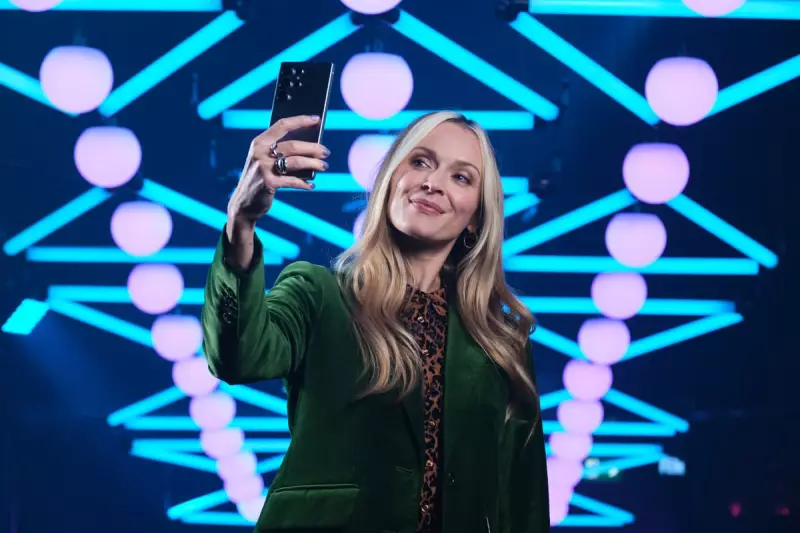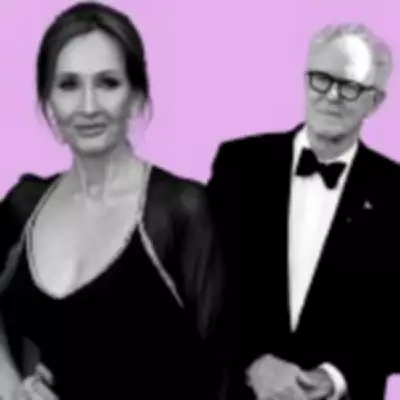
In a fascinating revelation that bridges the worlds of literature and music, two of Britain's most celebrated cultural figures have been identified as remarkably accurate predictors of future trends. George Orwell, the acclaimed author of 1984, and David Bowie, the revolutionary musician, have demonstrated extraordinary foresight in anticipating technological and societal developments.
The research, conducted by electronics retailer Currys, analysed the predictions of numerous public figures across different eras. What emerged was particularly striking about these two British icons, whose visionary insights continue to resonate in our modern world.
The Literary Prophet: George Orwell's Stark Warnings
Orwell's dystopian masterpiece 1984, published in 1949, painted a chilling portrait of surveillance society that bears uncanny resemblance to contemporary digital monitoring. His concepts of "Big Brother" and constant government observation have become reality through modern technologies that track our movements, preferences, and behaviours.
The telescreens from Orwell's novel, which simultaneously broadcast propaganda while monitoring citizens, find their parallel in today's smart devices that listen to our conversations and record our habits. His vision of "Newspeak" - language deliberately simplified to limit free thought - echoes concerns about how modern communication platforms can restrict complex discourse.
The Musical Futurist: David Bowie's Digital Vision
David Bowie, always ahead of his time, demonstrated remarkable prescience about the internet's transformative power. In a 1999 BBC interview with Jeremy Paxman, Bowie correctly predicted how the internet would demolish traditional boundaries between artist and audience, creating entirely new forms of expression and interaction.
Bowie foresaw the internet not just as a technological tool but as a fundamental shift in human consciousness and social interaction. His early experiments with internet service provision and digital music distribution demonstrated his commitment to exploring these emerging frontiers long before they became mainstream.
Other Notable Predictors
The study also highlighted several other figures whose forecasts proved remarkably accurate:
- American sci-fi author Ray Bradbury, who anticipated wireless earphones and interactive television
- Author HG Wells, who predicted the atomic bomb decades before its creation
- Inventor Nikola Tesla, who foresaw smartphone technology and wireless communication
What sets Orwell and Bowie apart is their profound understanding of how technology would reshape not just our tools, but our very humanity and social structures.
As we navigate an increasingly complex digital landscape, the insights of these visionary artists serve as both warning and inspiration, reminding us that the future is often imagined by those who dare to see beyond their immediate reality.





